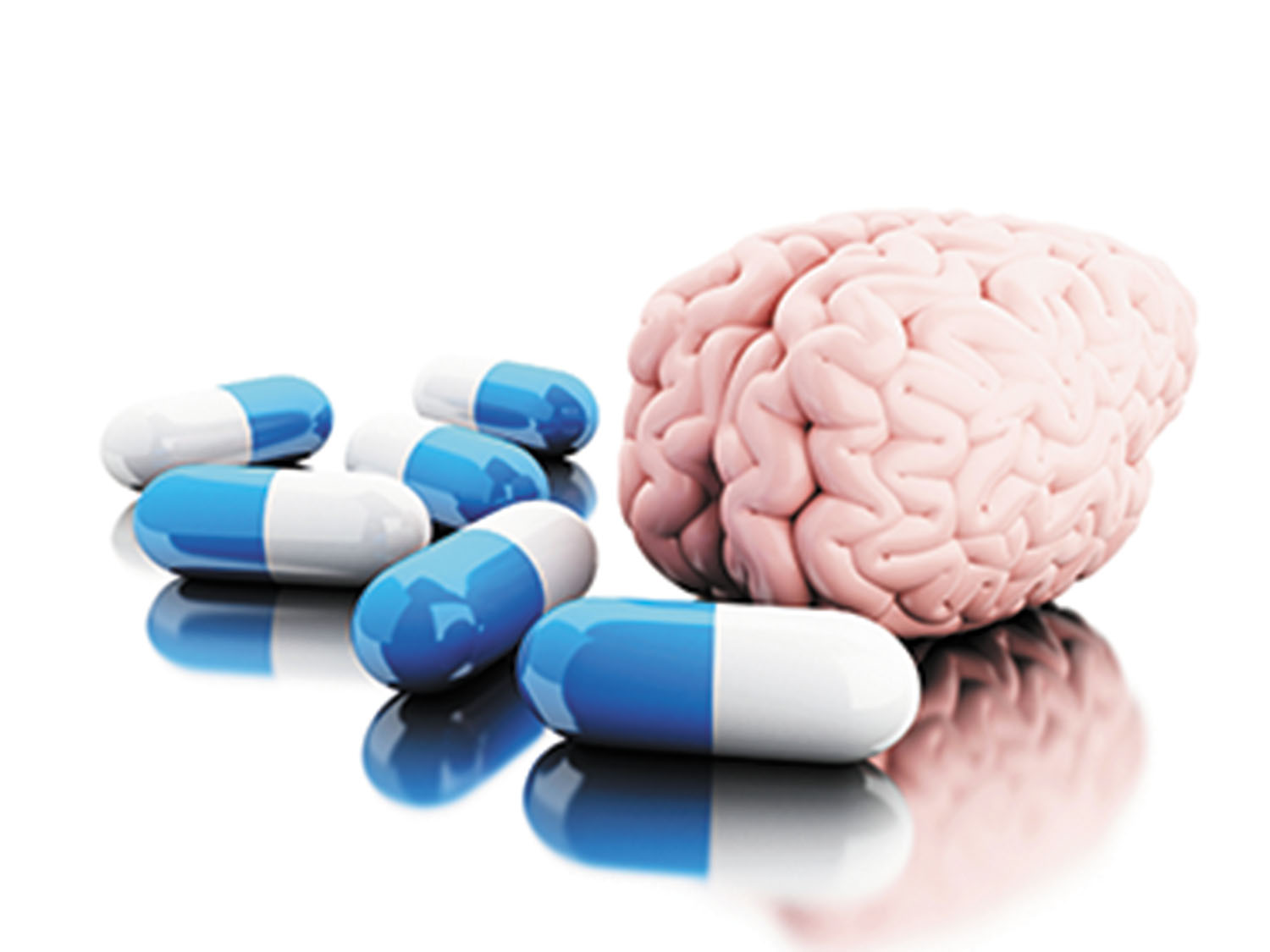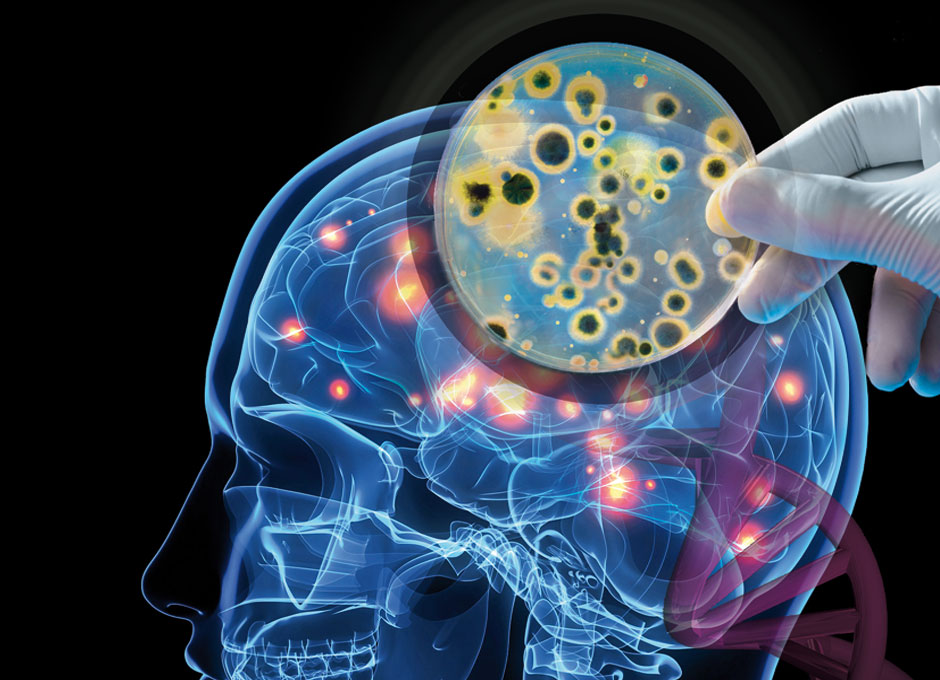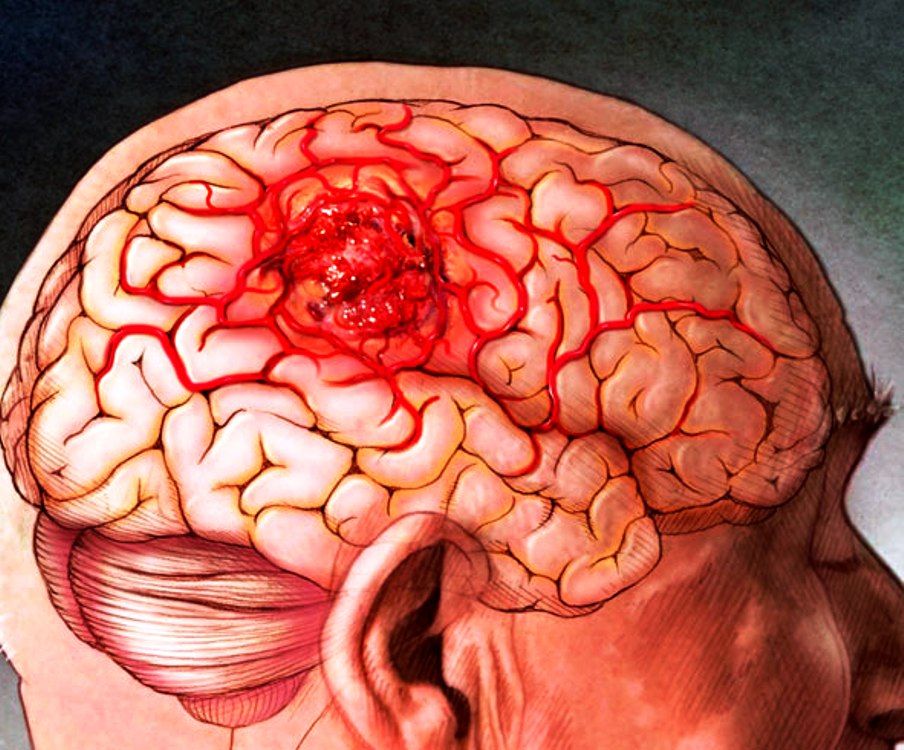The brain is considered "the king organ", since it is like the center of operations that govern our body and important functions such as breathing and heart rate, perception and movement, emotions, learning and planning. That is why we would like to talk to you about some of the most common diseases and disorders that this important organ suffers and how to prevent them. We tell you based on their cause.

Trauma
Craniocerebral trauma can cause certain conditions in the brain due to the consequences of both the blow and the kickback that occurs in the opposite part of the part of the brain that receives the blow, when bouncing against the skull. These can be:
· Brain infections
· Strokes
· Hypersensitization of some neuronal groups resulting in epilepsy
· Rupture of neuronal connections and diffuse brain damage
2. Neurodegenerative diseases
These diseases cause progressive deterioration of the nervous system and neuronal death, these being irreversible. All this affects the cognitive performance of the individual, so it gradually loses faculties until death. The best known are:
Those that are included in the group of dementias that mainly affect the brain, such as Alzheimer's; or diseases that cause them like Parkinson's.
Those that affect the entire nervous system such as multiple sclerosis and myotrophic lateral sclerosis

Epilepsy is due to an unbalanced functioning of neuronal groups, which are hypersensitized and react abnormally to stimulation. This causes the person to suffer alterations such as:
· Commission crisis
· Sudden loss of consciousness
· Memory difficulties or anomie
· Alterations in executive functions
· The origin of this disorder can be found in a large number of conditions such as trauma or accidents, encephalitis, strokes, tumors or malformations. In some cases its origin cannot be determined.

Neoplastic diseases such as brain tumors

Neoplastic diseases such as brain tumors
A tumor is an uncontrolled and expansive growth of the tissues of some part of our body, they can be benign or malignant and cause a wide variety of symptoms depending on the affected area. In the brain, even if the tumor is not carcinogenic, it can be dangerous as it causes compression against the skull.
There are different types of tumors depending on the cell from which it arises and the degree of malignancy. Some examples are: astrocytomas, oligoastrocytomas, ependymomas and glioblastomas.


5. Diseases and genetic alterations
These have their origin in genetic factors that alter the functioning and morphology of the brain, to mutations in some gene and are usually manifested from early stages of the individual's development. Some examples are:
· X-fragile syndrome
· Down's Syndrome
· Alterations in neuronal migration that occurs in fetal development
· Huntington's Korea: neurodegenerative disease characterized by personality changes, involuntary movements and progressive loss of executive functions.
6. Migraines
This pathology is very common in the population. It presents as a type of recurrent headache of varying intensity. It usually produces a throbbing and / or stinging sensation and usually affects one side of the head. Other symptoms are:
· Sickness
· Vomiting
· Sensitivity to light, odors or noise.

These are the most common conditions that our brain can suffer, such an important organ for our good daily functioning. To prevent them or put an effective and early remedy, we advise you to have health insurance on hand with all the medical coverage you need. And enjoy a good summer reading.
by: Dafne Ortiz Zamorano & Brittany Guillen Jalapa
sources: https://psicologiaymente.com/clinica/enfermedades-del-cerebro

No comments:
Post a Comment